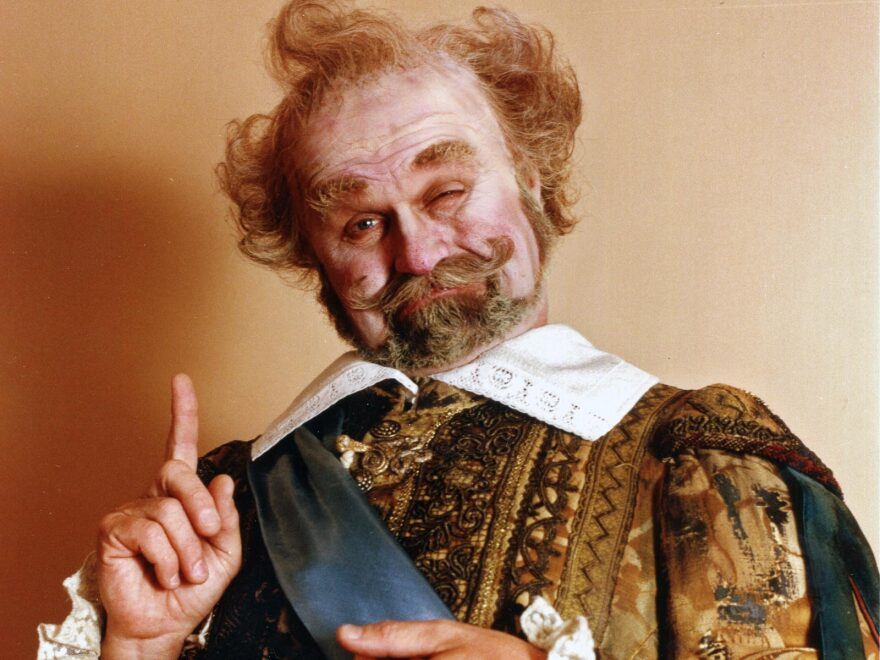Paul Plishka grew up in Pennsylvania and New Jersey – fully expecting to become a farmer, perhaps a trucker, maybe even a football player. But after portraying Judd Fry in his high school production of Oklahoma!, a voice teacher introduced him to the world of opera, and he went on to perform for The Metropolitan Opera for 50 years – which is longer than most singers can sustain a career.

“The voice is a fragile thing, and few singers end up with 50-year careers at the Metropolitan Opera. The bass Paul Plishka is one of them.” That is how The New York Times introduced its March 2018 piece about Plishka, who retired for the second time after playing Benoit and Alcindoro in La Boheme at the end of the 2017 season.
Described as “velvety”, “lovely,” a voice that would make one want to wallow in a single note, Plishka’s deep bass earned him the Pennsylvania Governor's Award for Excellence in the Arts in 1992. Several years earlier, Plishka landed in the Hall of Fame for Great American Opera Singers at the Academy of Vocal Arts in Philadelphia.
He debuted with the Met in 1967 as the Monk in Ponchielli’s La Gioconda. Fifty seasons later, Plishka had appeared in one-thousand six-hundred seventy-two performances of 88 roles, including as Philip (II) in Don Carlo, King Marke in Tristan und Isolde, Raimondo in Lucia di Lammermoor, and as the title characters of Boris Godunov and Falstaff. In fact, according to The Met, only eight other people have sung more with the company.
He has also sung in every major opera house around the world and is a prolific recording artist.

January 28, 2012, the night of Plishka’s final Met performance launching his first retirement, Conductor James Levine signed a gift book that chronicled Plishka’s career this way:
“I have treasured your extraordinary artistry and cherished your beautiful friendship through all these great operas and all those exciting years that seemed to go by in a flash!”
He and his wife retired to Wilmington, North Carolina where he enjoys birdwatching and bonsai.
The duet with Paul Plishka and Luciano Pavarotti, from Donizetti’s opera buffa, Elixir of Love, which we did not have time to play during this CoastLine episode, can be viewed here.



